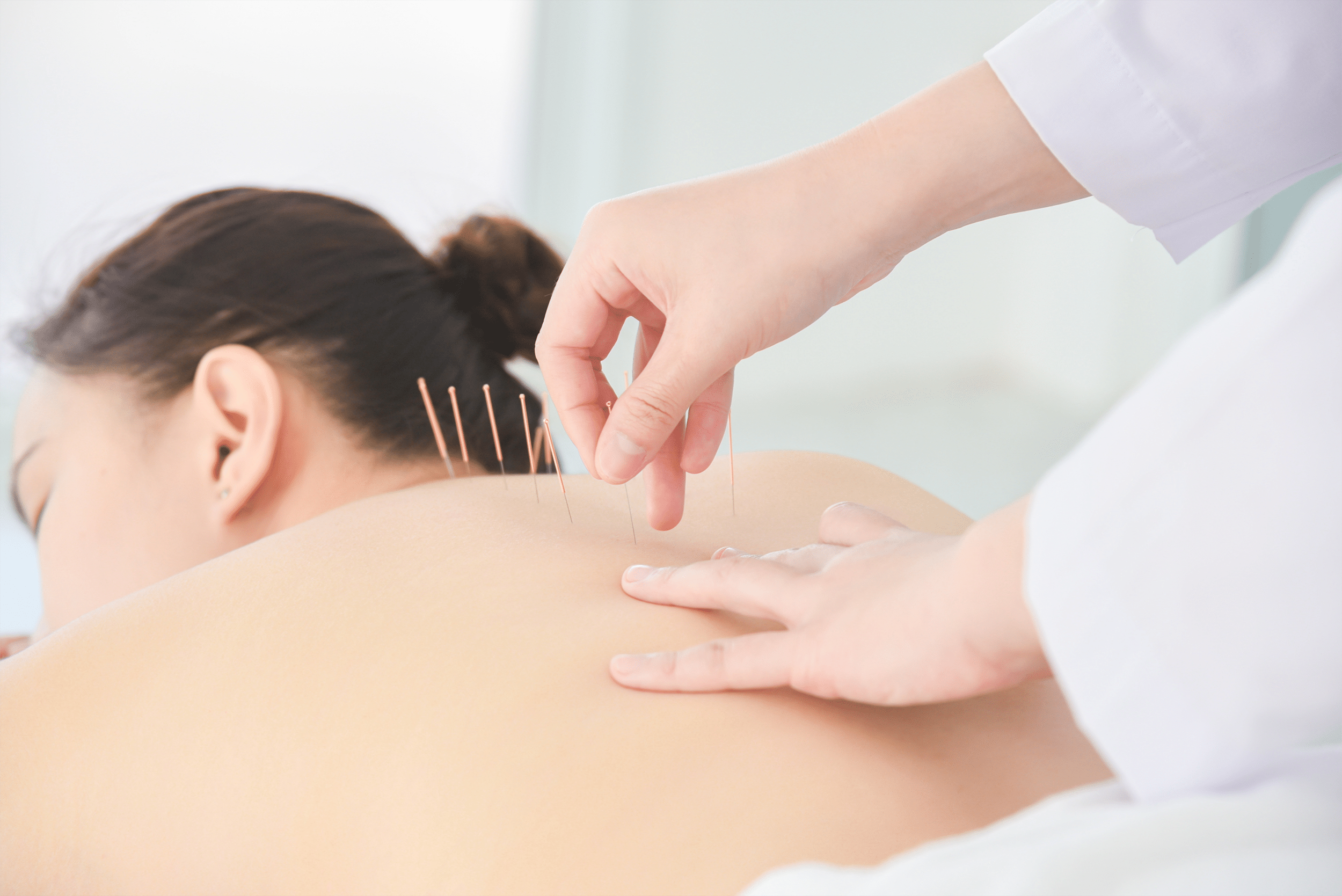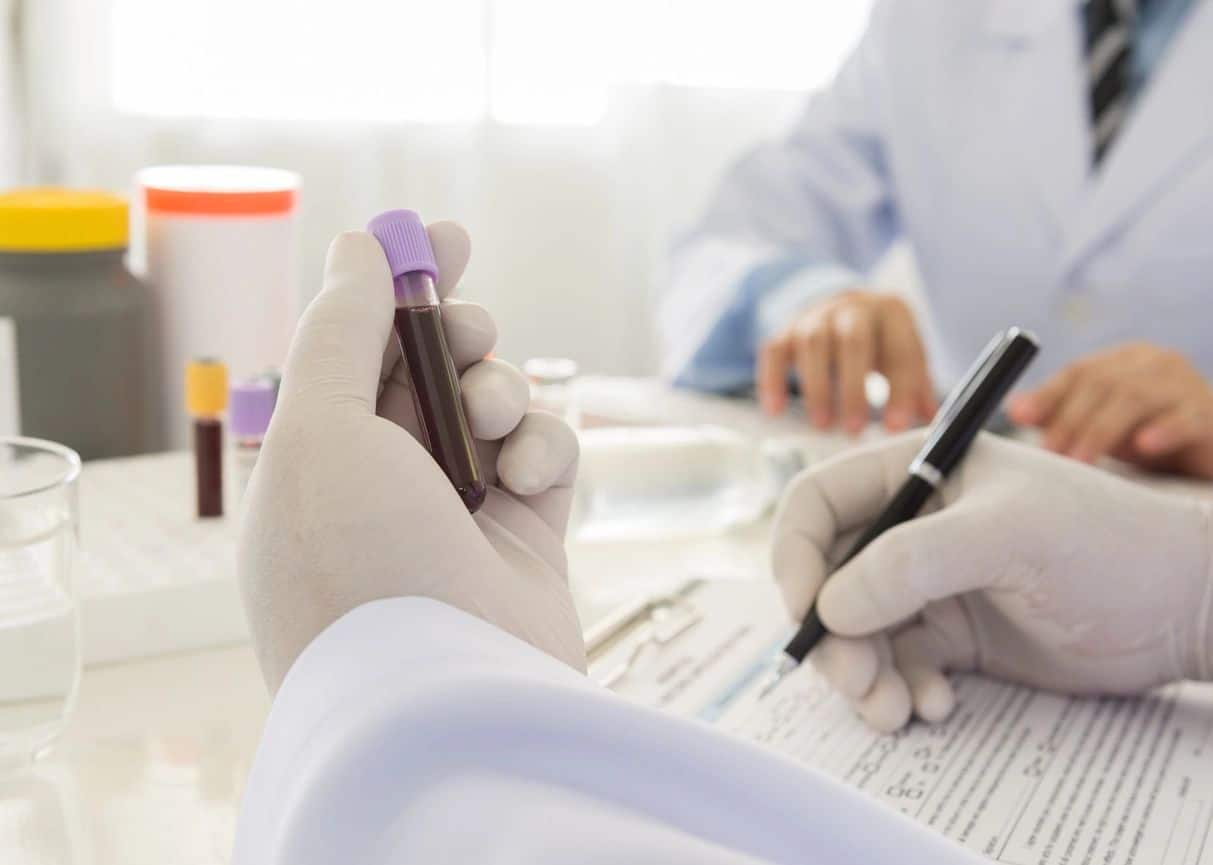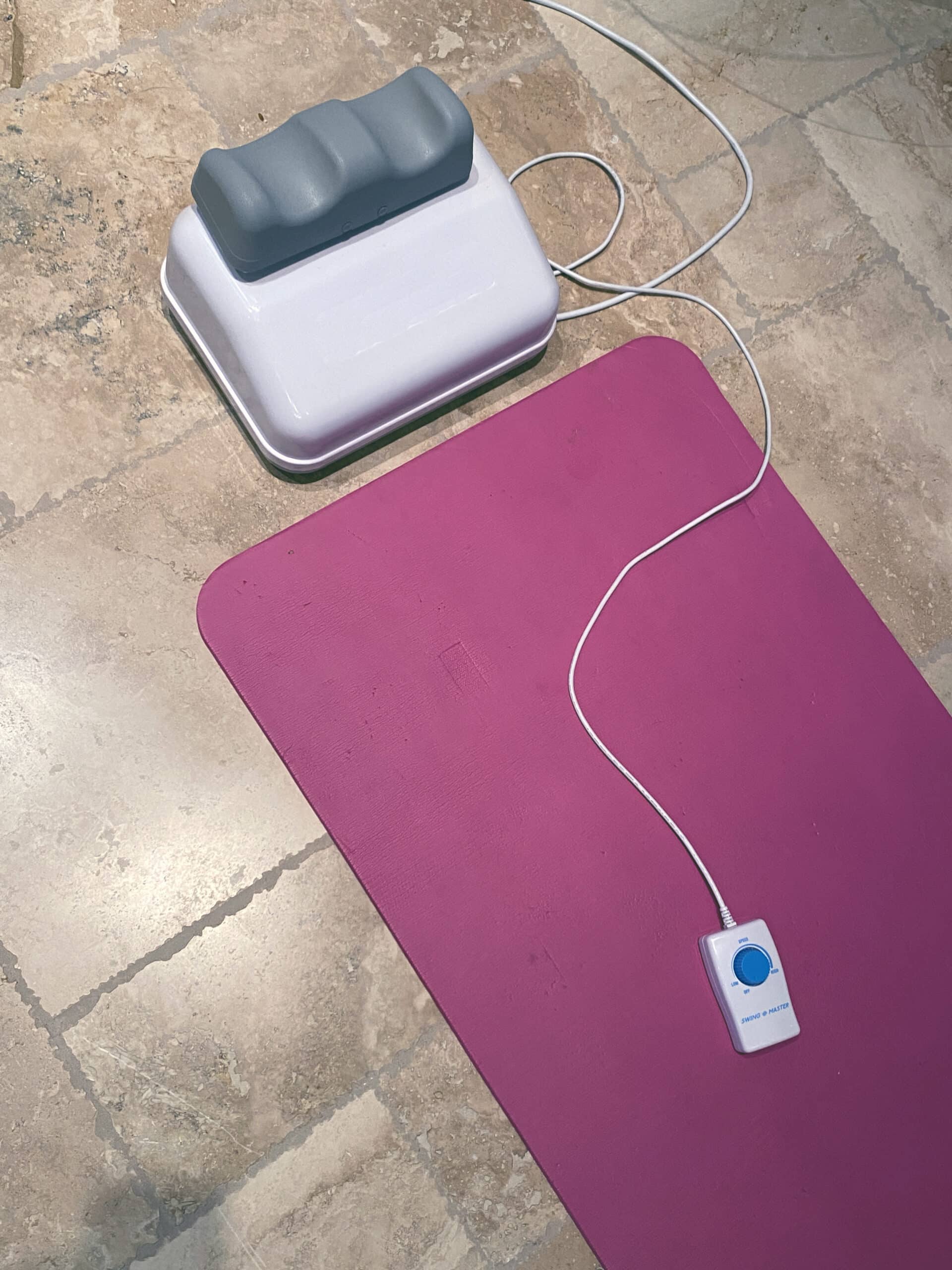Chronic Inflammatory Response Syndrome (CIRS) is a condition where the body has a prolonged inflammatory response to environmental toxins, often due to mold exposure, bacteria, or other harmful substances. This condition can severely affect the body, leading to chronic fatigue, brain fog, joint pain, digestive issues, and numerous other symptoms that greatly impact quality of life. One of the most critical steps in managing CIRS and supporting long-term recovery is detoxing—helping the body eliminate accumulated toxins and improving its ability to function optimally.
In this blog post, we will discuss the importance of detoxing for CIRS patients, how it supports healing, and the methods that can help facilitate this process.

Understanding the Impact of Toxins in CIRS
CIRS is often triggered by environmental exposure to mold and mycotoxins, but it can also be exacerbated by other toxins, including chemicals from plastics, pesticides, and heavy metals. When the body is overwhelmed by these substances, it can lead to widespread inflammation. As a result, the body’s detoxification systems—such as the liver, kidneys, and lymphatic system—become compromised.
These toxins can accumulate in tissues, organs, and the brain, contributing to a variety of health issues, including:
- Fatigue and low energy levels
- Cognitive impairments (brain fog, memory loss, etc.)
- Joint and muscle pain
- Digestive disturbances (e.g., bloating, IBS)
- Skin rashes and sensitivity
- Mood swings and anxiety
This accumulation of toxins creates a state of chronic inflammation that makes it much harder for CIRS patients to heal. One of the most effective ways to manage CIRS symptoms and improve overall health is by supporting the body’s natural detoxification processes.
Why Detoxing is Crucial for CIRS Recovery
Detoxing helps remove the toxins that are overwhelming the body, reducing inflammation, and allowing the immune system to function more effectively. Here’s why detoxing is a crucial step in the healing journey for CIRS patients:
Reducing Toxic Load
When toxins, such as mycotoxins or mold spores, accumulate in the body, they can continue to trigger an inflammatory response. Detoxing helps reduce the total toxic load, allowing the body to restore balance and reduce chronic inflammation. By clearing these toxins, CIRS patients can experience fewer symptoms and a more efficient immune response.
Supporting the Liver and Kidneys
The liver and kidneys are vital organs involved in the detoxification process. For CIRS patients, these organs can become burdened from prolonged exposure to toxins, making it harder to process and eliminate waste. By supporting liver and kidney function, detoxification pathways are optimized, enabling better toxin removal from the body.
Enhancing Immune System Function
CIRS patients often have a compromised immune system due to prolonged inflammation. Detoxing helps to reduce the toxic load on the immune system, allowing it to function better and respond to environmental threats more effectively. This can improve overall health, reduce the risk of infections, and accelerate recovery.
Releasing Stored Toxins from Tissues
Toxins tend to accumulate in tissues and organs, including fat stores. For those dealing with CIRS, these toxins may be stored in the brain, muscles, or adipose tissue. Detoxification helps release these stored toxins, facilitating the process of healing and reducing the burden on the body.
Detox Methods for CIRS Patients
While detoxing is essential, it’s important to approach it cautiously, especially for those with CIRS. Some detox protocols can be overwhelming or too intense, causing “herxheimer reactions” (detox reactions) that can temporarily worsen symptoms. However, with proper guidance, there are several effective and gentle detox methods that can support recovery.
Saunas and Sweating
Using infrared saunas is an effective way for CIRS patients to promote sweating, which helps expel toxins from the body through the skin. The heat from the sauna increases blood flow, stimulating the lymphatic system, and promoting the release of toxins stored in tissues. For many CIRS patients, regular sauna use can provide symptom relief and support detoxification.
- Tip: Start with shorter sessions (10–15 minutes) and gradually increase the duration as your body gets used to the process.
Activated Charcoal and Zeolite
Activated charcoal and zeolite are two popular detoxifying agents that can help absorb toxins in the digestive system and prevent them from being reabsorbed into the bloodstream. These substances are particularly helpful in addressing mycotoxins and other environmental toxins.
- Activated charcoal: Works by binding to toxins in the gut, preventing them from being absorbed and allowing them to be eliminated through the stool.
- Zeolite: A natural mineral with detoxifying properties that can help remove heavy metals and other toxins from the body.
When using activated charcoal or zeolite, it’s essential to take them on an empty stomach and wait at least 2 hours before eating or taking other supplements to avoid interference with nutrient absorption.
Liver Support and Detox Supplements
Supporting liver function is key for detoxing. Specific supplements can help promote liver health and detoxification pathways, including:
- Milk thistle: A powerful herb that supports liver detoxification and regeneration.
- N-acetylcysteine (NAC): A precursor to glutathione, a critical antioxidant that helps the liver neutralize toxins.
- B-complex vitamins: These vitamins are essential for proper liver function and detoxification.
Working with a healthcare provider to determine the right liver support supplements can help enhance detoxification without overloading the body.
Hydration and Electrolyte Balance
Drinking plenty of water is essential for detoxification. Water helps flush toxins from the kidneys and supports the body’s natural elimination processes. For CIRS patients, it’s also essential to maintain proper electrolyte balance, as dehydration can worsen symptoms.
- Tip: Consider adding electrolyte supplements or drinking mineral-rich water to maintain proper hydration.
Diet and Anti-Inflammatory Foods
A nutrient-dense, anti-inflammatory diet is critical for supporting the detoxification process. Foods that are rich in antioxidants, fiber, and healthy fats help promote detoxification while reducing inflammation. Some important foods for CIRS detoxing include:
- Leafy greens (spinach, kale, etc.) – Rich in fiber and chlorophyll, which help eliminate toxins.
- Cruciferous vegetables (broccoli, cauliflower) – Support liver detoxification.
- Turmeric and ginger – Natural anti-inflammatory agents that help reduce overall inflammation.
- Healthy fats (avocados, olive oil, coconut oil) – Support cell function and toxin removal.
- Probiotic-rich foods (sauerkraut, kimchi, yogurt) – Promote gut health and help balance the microbiome.
The Role of Rest and Stress Management in Detoxification
In addition to physical detox methods, rest and stress management play a crucial role in recovery for CIRS patients. Chronic stress and lack of sleep can impair detoxification and worsen inflammation. Focus on supporting the body’s healing by:
- Prioritizing sleep: Aim for 7–9 hours of restful sleep each night to support detoxification.
- Mind-body practices: Meditation, yoga, and deep breathing exercises help reduce stress and promote relaxation, which can enhance detoxing.
- Gentle movement: Light activities like walking or swimming can promote lymphatic flow and help with the removal of toxins.
Conclusion: Detoxing as an Integral Part of CIRS Healing
For individuals suffering from Chronic Inflammatory Response Syndrome (CIRS), detoxification is a critical part of the healing process. By removing environmental toxins, supporting liver and kidney function, and promoting overall detox pathways, CIRS patients can reduce inflammation and regain control over their health. However, it’s essential to detox slowly and carefully, as a balanced approach will help prevent overwhelming the body.
By integrating gentle detox methods, a healthy diet, and lifestyle changes, CIRS patients can significantly improve their symptoms, enhance immune function, and move toward long-term recovery. Always consult with a healthcare provider who is experienced in CIRS to develop a personalized detox plan that works for your unique needs.






